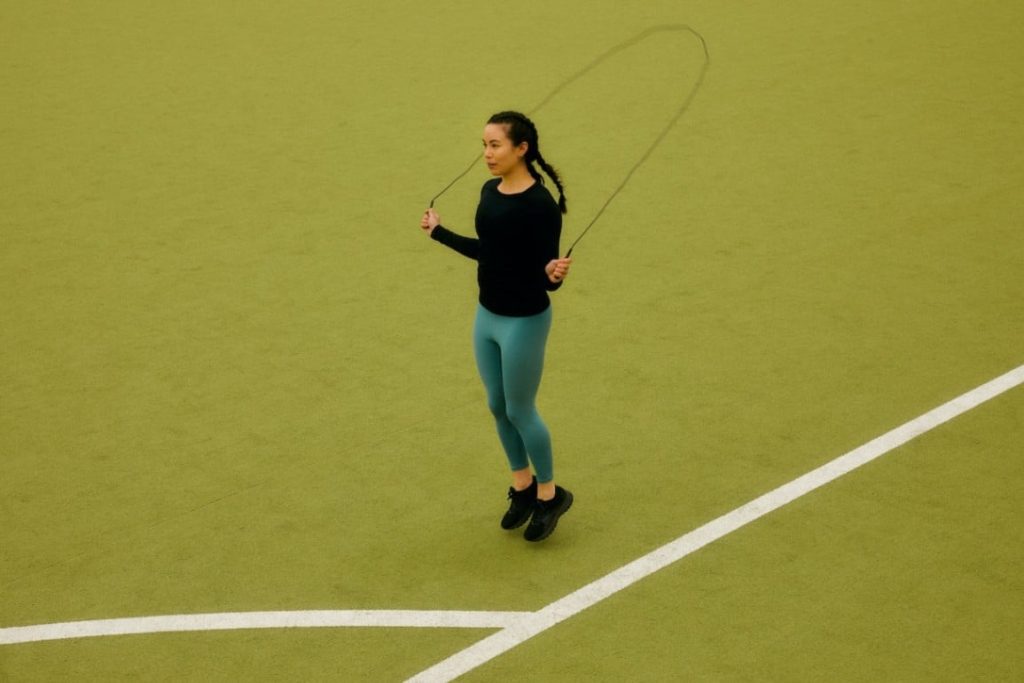The importance of senior health cannot be overstated. As people age, their bodies undergo various changes that can make them more susceptible to health problems. Maintaining good health in the senior years is crucial for enjoying a high quality of life and independence. It allows seniors to remain active, engaged, and able to pursue the activities they love. Good health also reduces the risk of developing chronic diseases and disabilities, enabling seniors to live longer, happier lives.
This article aims to provide valuable insights and practical tips for seniors to combat health issues they may face. By addressing common health concerns and offering strategies for prevention and management, the article seeks to empower seniors to take charge of their health and well-being. Ultimately, the purpose is to support seniors in leading fulfilling lives and aging gracefully.
Table of Contents
Common Health Problems Among Seniors
Common health problems among seniors include a range of issues that can affect their physical health and mental well-being.
Cardiovascular Diseases
Heart disease, including conditions like coronary artery disease and heart failure, becomes more prevalent with age. Hypertension (high blood pressure) is common among seniors and can increase the risk of heart attacks and strokes.
Atherosclerosis, the buildup of plaque in the arteries, is a leading cause of cardiovascular problems in older adults. Regular exercise, a healthy diet, and medication management are essential for managing cardiovascular health in seniors. Routine screenings for cholesterol levels and blood pressure are crucial for early detection and prevention of heart-related issues.
Arthritis and Joint Issues
Osteoarthritis, rheumatoid arthritis, and other forms of arthritis are frequent causes of joint pain and stiffness in seniors. Joint problems can lead to decreased mobility and difficulty performing daily activities. Exercise, physical therapy, and joint-friendly activities like swimming can help alleviate arthritis symptoms.
Medications, including pain relievers and anti-inflammatory drugs, may be prescribed to manage arthritis pain. Assistive devices such as canes, walkers, or joint braces can improve mobility and reduce strain on affected joints.
Diabetes
Seniors are at higher risk of developing type 2 diabetes due to factors such as reduced insulin sensitivity and obesity. Diabetes management is crucial to prevent complications such as cardiovascular disease, nerve damage, and kidney problems.
Monitoring blood sugar levels regularly and following a balanced diet are key components of diabetes management. Exercise can help improve insulin sensitivity and blood sugar control in seniors with diabetes. Medications, including oral medications and insulin injections, may be prescribed to regulate blood sugar levels.
Cognitive Decline
Conditions like dementia and Alzheimer’s disease are common among older adults, affecting memory, thinking, and behavior. Cognitive decline can significantly impact independence and quality of life for seniors and their caregivers. Engaging in mentally stimulating activities, such as puzzles or reading, may help maintain cognitive function in seniors.
Social interaction and participation in social activities can also support cognitive health and reduce the risk of cognitive decline. Early diagnosis and intervention are essential for managing cognitive decline and improving outcomes in seniors with dementia.
Vision and Hearing Loss
Age-related macular degeneration, cataracts, and glaucoma are common causes of vision impairment in seniors. Hearing loss, often due to age-related changes in the inner ear, can lead to communication difficulties and social isolation. Regular eye exams and hearing tests are important for detecting vision and hearing problems early.
Corrective lenses, hearing aids, and other assistive devices can help seniors manage vision and hearing loss. Environmental modifications, such as adequate lighting and reduced background noise, can improve seniors’ ability to see and hear clearly.
Strategies for Combatting Senior Health Problems
- Regular Exercise and Physical Activity: Engage in moderate-intensity activities like walking, swimming, or cycling for at least 150 minutes per week. Incorporate strength training exercises to improve muscle mass, bone density, and balance. Consult with a healthcare professional before starting any new exercise regimen, especially if managing chronic conditions.
- Healthy Diet and Nutrition: Follow a balanced diet rich in fruits, vegetables, whole grains, lean proteins, and healthy fats. Limit intake of processed foods, sugar, salt, and saturated fats to reduce the risk of chronic diseases. Stay hydrated by drinking plenty of water throughout the day, especially in hot weather or during physical activity.
- Proper Medication Management: Keep track of medications, including prescriptions, over-the-counter drugs, and supplements. Take medications as prescribed by a healthcare provider and follow instructions for dosage and timing. Be aware of potential side effects and interactions between medications, and communicate any concerns with a doctor or pharmacist.
- Routine Health Screenings and Check-ups: Schedule regular health screenings for conditions such as high blood pressure, cholesterol, diabetes, and cancer. Attend annual wellness visits with a primary care provider to assess overall health and discuss preventive measures. Follow recommended vaccination schedules to protect against infectious diseases like flu, pneumonia, and shingles.
- Mental and Emotional Well-being Practices: Practice stress-reduction techniques such as mindfulness, meditation, or deep breathing exercises. Stay socially connected by participating in activities with friends, family, or community groups. Seek professional support if experiencing symptoms of anxiety, depression, or other mental health issues.
- Social Engagement and Support Networks: Maintain social connections through regular interactions with peers, family members, and community organizations. Join clubs, volunteer groups, or senior centers to stay engaged and combat feelings of isolation. Reach out to friends or family members for emotional support during challenging times.
- Safety Measures and Fall Prevention: Make home modifications to reduce fall risks, such as installing grab bars, non-slip mats, and adequate lighting. Use assistive devices like canes, walkers, or mobility aids if needed to maintain balance and stability. Exercise caution when navigating stairs, wet surfaces, or uneven terrain, and wear supportive footwear with non-skid soles.
The Role of Healthcare Professionals
The role of healthcare professionals in senior health is crucial for keeping older adults healthy and well. First, they assess seniors’ health by checking their body, mind, and memory. Then, they make a plan that fits each senior’s needs and wishes. For example, if someone has diabetes, they help manage it by giving advice and medicines.
Healthcare professionals also help prevent problems by suggesting regular check-ups and vaccinations. They work together with other doctors and therapists to make sure seniors get all the care they need. They also teach seniors and their families about their health and medicines, so they can make good choices.
Additionally, healthcare professionals are like advocates for seniors. They make sure seniors get the care and respect they deserve. They offer support and listen to seniors’ worries and fears. With their help, seniors can stay as healthy and independent as possible.
Creating Age-Friendly Environments
Creating age-friendly environments means making places safer and easier for older adults to live in. For homes, this might include adding handrails in bathrooms, removing tripping hazards, and improving lighting. In neighborhoods, it could mean having parks, shops, and transportation options nearby, all within easy reach. When planning cities and communities, it’s important to think about things like smooth sidewalks, benches for resting, and clear signs for directions.
Healthcare facilities also play a role by making sure they’re easy to get to and comfortable for seniors. This might mean providing transportation or special programs for older patients. Technology can help too, with things like smart devices that make it easier for seniors to manage their health at home. And finally, involving seniors in community activities and decisions ensures that their needs and preferences are heard and respected.
Conclusion
Helping seniors tackle health issues means taking many different steps. Making sure they eat well, stay active, and manage their medications properly are key. It’s also important to create environments that make it easy for seniors to live comfortably and safely. This might mean adding handrails in bathrooms or making sidewalks smoother for walking.
By working together to address these challenges, we can ensure that seniors can lead healthy and fulfilling lives. Whether it’s through home modifications, community programs, or technological innovations, every effort counts.








Pingback: How Poor Physical Health May Affect Your Social Health